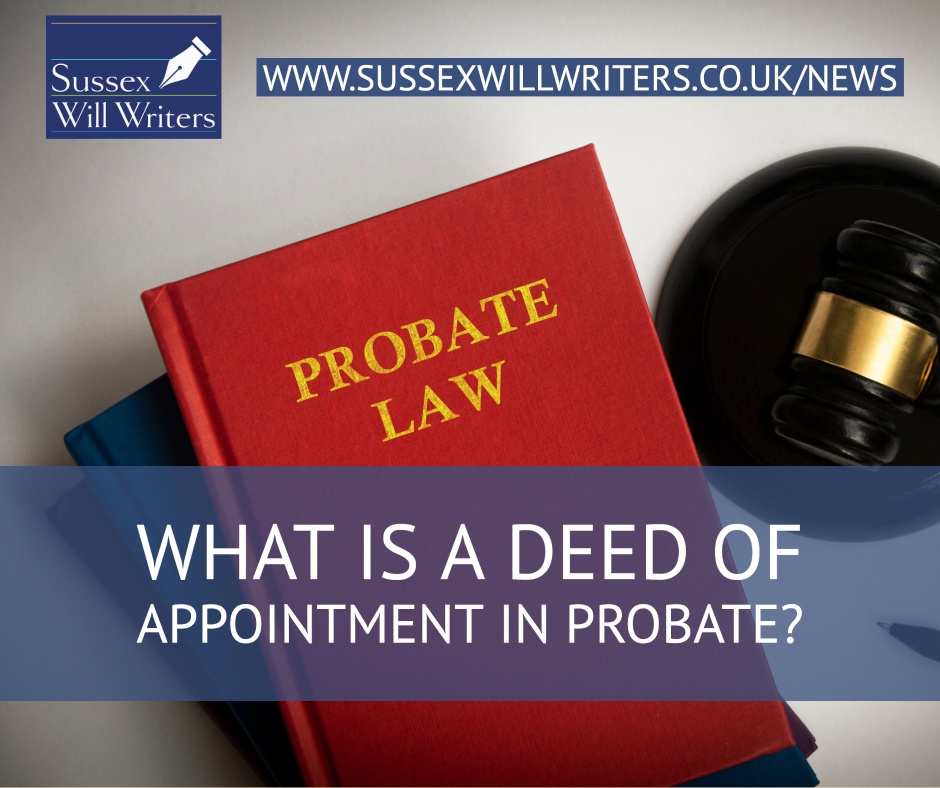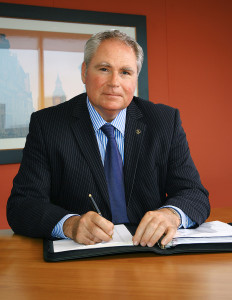
From: Kings Court Trust
What is probate?
Probate refers to the process of obtaining a Grant of Probate, which is a legal document that provides the Executor of an estate with the legal right to proceed with estate administration. Estate administration refers to dealing with all of the deceased’s assets, liabilities, property, and possessions so that inheritance can be distributed to beneficiaries. Part of this process can include dealing with Trusts and Deeds of Appointment.
Probate and estate administration can be complex, time-consuming processes that involve a lot of legal work, and many people choose to instruct a professional on their behalf.
What is a Trust in a Will?
A Trust is set up to leave a certain portion of assets behind, such as cash, property, and personal possessions. When there is a Trust in a Will, the assets within it will be handled by Trustees, rather than going directly to beneficiaries. The Trustees have the power to decide when and how the assets will be distributed. These terms may be set out in the Will (which is the Trust document), or it might be set up so that the Trustees have the authority to make decisions about the inheritance.
What is a Deed of Appointment?
A Deed of Appointment is a legal document by which an individual (or professional) is appointed a specific role or assets. In the context of probate and estate administration, this is most commonly used to appoint assets out of a Trust to beneficiaries or assign a new Trustee.
Deeds of Appointment to allocate assets in a Discretionary Trust
When Trustees are responsible for assets held in a Will Trust, they have the power to transfer the assets to the beneficiaries. In a Discretionary Trust, they also have the responsibility of deciding how the allocated inheritance is distributed. For example, they may choose to pay the total amount in full or in instalments, establish the conditions for how the money is spent, and (where there are multiple potential beneficiaries named) decide which beneficiary/beneficiaries will inherit. This is known as Power of Appointment.
Previously, Discretionary Trusts were often used by couples to ensure that when the first partner died, the surviving partner would benefit from the full extent of their Nil Rate Band (NRB) – this is the threshold amount that you can pass on to beneficiaries without being charged for Inheritance Tax. Currently, this is set at £325,000 until 2028. Prior to 2007, there was no ‘automatic right’ to claim what is known as the Transferable Nil Rate Band allowance. Many Wills written before the government changes in 2007 had Discretionary Trusts written in them; this was legally accepted to access the first death’s tax-free allowances.
Whilst many now deem it unnecessary to include a Nil Rate Band Discretionary Trust (NRDBT), they are still useful in certain circumstances and are still included in many Wills. Leaving any leftover NRB in a NRBDT allows additional funds to be transferred to beneficiaries without excessive Inheritance Tax. Trustees must consider all beneficiaries as well as any tax liability that this may incur; tax advice should be sought before distribution. To distribute these funds to the beneficiaries, Trustees will need a Deed of Appointment.
Deeds of Appointment to assign a new Trustee
In some circumstances, it may be necessary to replace a Trustee or appoint an additional Trustee. This can occur when only one Trustee is named in a Will, as there should always be at least two Trustees assigned. Additionally, if a Trustee is incapable of continuing in the role or feels that they are unsuitable, they may renounce their role. Trustees are responsible for appointing a new Trustee, and this can be done using a Deed of Appointment to confirm their role; the new Trustee(s) must be made aware of their appointment.
Do Trustees always need a Deed of Appointment?
A Deed of Appointment is not always necessary when appointing out of a Trust. However, it is advisable to have one, as it provides evidence of who assets have been transferred to and when they were transferred. If known, it is also useful to quote the value of the asset(s) being transferred, but this is not a mandatory requirement.
A Deed of Appointment is a requirement when assigning a new Trustee.
What is included in a Deed of Appointment?
The Trust documentation (Will) should outline the terms of the Trust. All Deeds of Appointment must include a main clause that details either the appointment of assets or the new Trustee(s).
When detailing the appointment of assets out of a Discretionary Trust, the beneficiary must be named in the Deed. Additionally, the specific asset(s) that they are inheriting should be listed. If this includes a sum of cash, the specific amount should also be included.
For a Deed that appoints new Trustee(s), all relevant people should be listed: the continuing Trustee(s), the new Trustee(s), and the renouncing Trustee(s).
There may be additional clauses and details required depending on the circumstances of the estate.
Who needs to sign a Deed of Appointment?
The Trustees will need to sign the Deed of Appointment when appointing assets out of a Trust. When a new Trustee is being appointed, the existing Trustees will need to sign it.
Speak to Sussex Will Writers about organising your estate, Will and Lasting Power of Attorney.
Click to Call us on 01903 533681
or get in touch by emailing: info@sussexwillwriters.co.uk
 Sussex Will Writers
Sussex Will Writers
T: 01903 533681
M: 07734 744886
E: info@sussexwillwriters.co.uk
Could you do with some FREE, sound advice on:
- Writing a Will – What do I need and how much does it cost?
- Creating Lasting Powers of Attorney – If I was incapacitated who can act on my behalf?
- Property Protection Trusts – Can these really save Care Home Fees?
- Pre-Paid Funeral Plans – With so many to choose from how do I decide which plan is best?

There is so much confusion on these vital areas of estate planning, that sometimes just a chat with an expert in the field can clear up misunderstanding and set out the way ahead, without all the legal jargon.
Or complete the form below
Steve Worsfold
Affiliate Member of the Society of Will Writers
Advising on Wills/Trusts/Probate/Powers of Attorney

Mobile: 07734 744886
Office: 01903 533681
Email: steve@sussexwillwriters.co.uk
Website: www.sussexwillwriters.co.uk
Protecting What’s Precious to You,
Now and in the Future
Sussex Will Writers is proud to support Dementia Friends,
an initiative of The Alzheimers Society
Our business is certified ‘Safe to do business with’ and ‘Code compliant’
by the UK’s largest regulatory body for Will Writers, The Society of Will Writers.
Steve Worsfold has been an Affiliate Member of the Society for 15 years.




